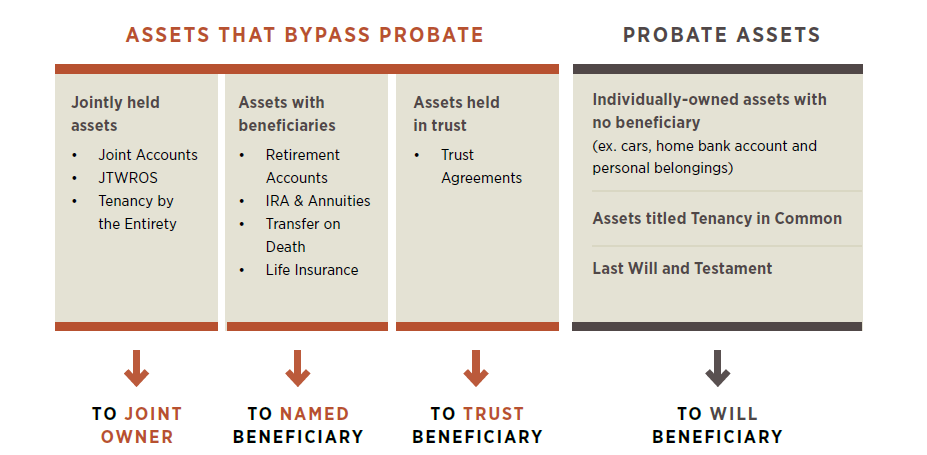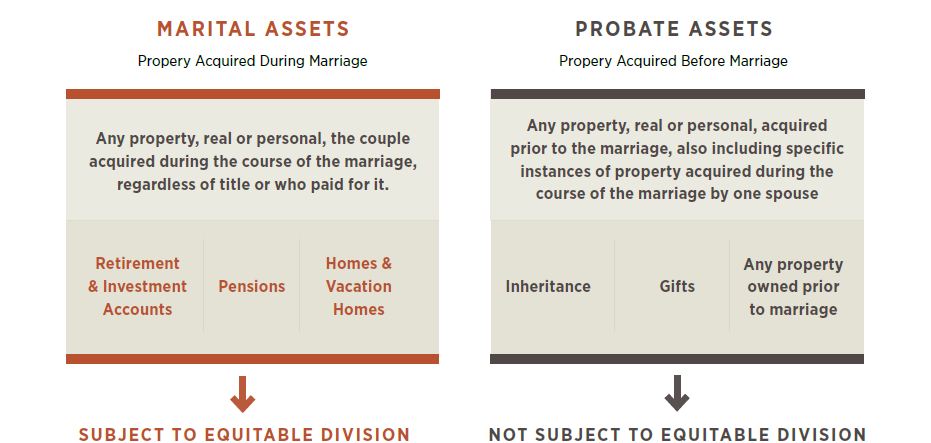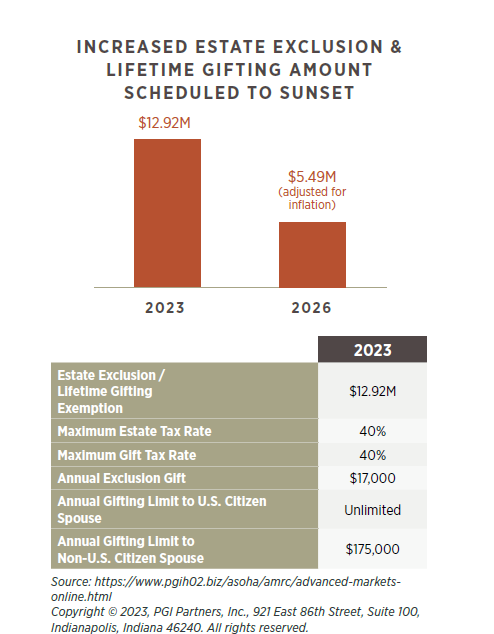Level One
Must Haves
Goal: Plan for and document the transfer of assets with minimized tax and transfer cost.
Last Will and Testament
A will specifically spells out how you want your assets distributed and appoints guardians for any minor children.
Living Trust
A living trust avoids probate, allows for privacy, and designates how assets are to be divided upon your death.
Healthcare Power of Attorney
Designate an agent to make your healthcare decisions in the event you are unable to make them while you are living.
Financial/Property Power of Attorney
Designate an agent to make financial decisions in the event that you are unable to make them while you are living.
Review Co-Ownership Provisions & Account Titling
Correct ownership and account titling ensure assets and accounts pass the way you intend.
Periodically Review Beneficiary Designations
This is important as some assets (such as IRAs, Life Insurance, and Annuities) pass to your designated beneficiaries.
Upon life events (marriage, divorce, birth, adoption, etc.), review these aspects of your estate plan to ensure all information is up-to-date.
Level Two
Considerations
Goal: Further enhance the direction of assets, minimize estate taxes or increase asset protection.
Grantor Retained Annuity Trusts
Grantor Retained Annuity Trusts (GRAT) seek to pass assets to beneficiaries free of estate and gift tax that have appreciated over the IRS Section 7520 interest rate.
Charitable Options
Explore charitable giving options, such as Charitable Trusts, Donor Advised Funds and Foundations, for both philanthropic and tax benefits.
Irrevocable Life Insurance Trust
Because life insurance is not necessarily estate tax free, consider establishing an Irrevocable Life Insurance Trust.
Qualified Personal Residence Trust
A Qualified Personal Residence Trust (QPRT) is a type of trust that allows its creator to remove a personal home from his or her estate.
Spousal Lifetime Access Trusts
Spousal Lifetime Access Trusts (SLATs) allow spouses to pass assets to each other and other loved ones free of estate and gift tax while maintaining limited, indirect access to the assets.
Intra-Family Loans
Intra-Family Loans can provide family members lower borrowing rates than traditional financing options.
Special Needs Trusts
A Special Needs Trust preserves a beneficiary’s eligibility for needs-based government benefits.
Level Three
Advanced
Goal: Consider options for complex estate tax issues or liability concerns.
Self-Cancelling Notes
Self-Cancelling Notes allow the exchange of property for periodic payments based upon mortality.
Trust-Friendly Jurisdictions
Certain states, including Delaware, have favorable trust statutes, offering the potential to pass assets across generations without incurring transfer taxes (Dynasty Trusts), delegate responsibilities to non-trustees (Directed Trusts), protect assets and more.
Family LLPs & LLCs
Family Limited Liability Partnerships and LLCs provide legal, financial, and tax structure to family businesses.
What is portability?
Portability allows you to use your spouse’s unused estate tax exclusion. While portability was made permanent for federal estate tax purposes, you should check if your resident state also allows for portability of a deceased spouse’s unused estate exclusion. In the event your resident state does not allow for portability, it may make sense for both spouses to have assets in their respective name (or trust’s name) up to the resident state’s estate exclusion amount.
How Assets Pass Upon Death
Probate vs Non-Probate Assets
Probate is a public-court process that helps settle legal and financial matters upon death according to a will, if written.
Court costs, length of time, the lack of privacy and family disagreements are all potential issues that may arise within the probate process. With proper estate planning, you can limit the amount of assets that pass through probate.

Digital Assets
Nearly all 50 states have passed a version of the Uniform Law Commission’s Fiduciary Access to Digital Assets Act, Revised that legally allows for an executor, trustee, etc. to access a deceased’s digital accounts. Consider discussing your digital estate with your attorney and the potential need to share online access information with your executor.
How Assets Pass Upon Divorce
Marital vs Non-Marital Assets
Estate planning is not divorce planning. Without a pre- or post-nuptial agreement, marital assets are subject to equitable division in a divorce proceeding.
Effective for divorces finalized after January 1, 2019, alimony payments will no longer be tax-deductible by the paying spouse and will not be added to the taxable income of the receiving spouse.

Tainting of Assets
Non-marital assets may be tainted during the course of a marriage and may be treated as marital assets in a divorce proceeding. For example, if a spouse deposits a personal inheritance into a joint account or uses income from an inheritance to support the couple’s lifestyle, this non-marital asset may be treated as a marital asset.
Estate Planning Updates
A Window of Opportunity
- The Tax Cuts and Jobs Act (TCJA) of
2017 significantly increased the estate
exclusion amount (presently $12.92 million
for 2023), though there had been concern
that individuals taking advantage of the
higher exclusion amount might one day
owe additional tax for prior gifts, should the
estate exclusion decrease after 2025. - The Treasury Department and IRS later issued
final regulations that individuals utilizing
the increased gift and estate tax exclusion
amounts from 2018 to 2025 would not be
adversely impacted after 2025, should the
exclusion revert to pre-2018 levels. - Key Takeaway: Individuals who have – or are
likely to have – a taxable estate and who have
sufficient assets to fund expenses during
their lifetime may want to consider gifting
additional assets to loved ones while the
increased exclusion amount still stands.

Irrevocable Trusts
An irrevocable trust is a type of trust where its terms can’t be modified, amended, or terminated without
the permission of the grantor’s named beneficiary or beneficiaries. These types of trusts have many
applications but are typically used in planning for the preservation and distribution of an estate. Some
specific uses may include:
- To take advantage of the estate tax exemption and remove taxable assets from the estate. Property transferred to an irrevocable living trust does not count toward the gross value of an estate.
- To prevent beneficiaries from misusing assets, the grantor can set conditions for distribution.
- To remove appreciable assets from the estate while still providing beneficiaries with a step-up basis in valuing the assets for tax purposes.
- To gift a principal residence to children under more favorable tax rules.
- To house a life insurance policy that would effectively remove the death proceeds from the estate.
Keep in mind, an irrevocable trust is a more complex legal arrangement than a revocable trust, mainly because of the tax implications. Be sure to seek a professional’s guidance when setting up an irrevocable trust.
Don’t Forget Estate Tax at the State Level!
Many states have estate exclusions far below the federal level which may result in state estate taxes. Older estate plans should be reviewed to ensure trust provisions incorporate current federal and state estate tax limits.





